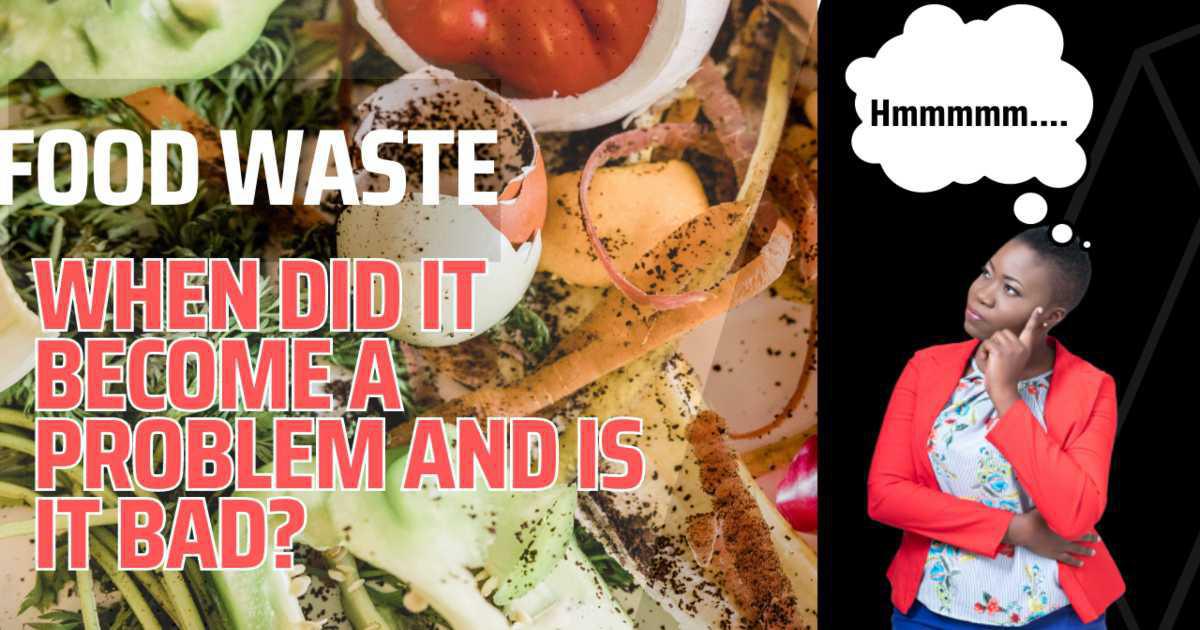Food waste is a problem that affects us all, from the environment to our wallets. It is defined as any food that is discarded and not consumed for any reason, whether it be at the farm level, during processing, at the grocery store, or in our own homes. So when did food waste become a problem and is it bad?
Let’s start at the beginning. Food waste is not just limited to food that has gone bad or is no longer edible; it also includes food that is still safe to eat but is thrown away for other reasons, such as overproduction, spoilage during transportation, being ugly or expiration dates.
When it comes to food waste, the problem becomes apparent when we consider the staggering amount of food that is wasted each year. According to the United Nations Food and Agriculture Organization (FAO), approximately one-third of all food produced in the world is lost or wasted each year. This amounts to roughly 1.3 billion tons of food that is discarded annually, which is enough to feed all of the world’s hungry people four times over. But let’s bring that home to Trinidad and Tobago; according to the United Nations Environment Programme (UNEP) Food waste index 2021, our households dump a staggering 103,127 tonnes of food EVERY year!! OMG! This number doesn’t even include what comes from our restaurants and hotel chains!
Food waste is a problem for a number of reasons. To start, it is simply put, a waste of resources.
Food waste is a waste of resources
When food is wasted, all the resources that went into producing that food, including water, energy, and land, are also wasted. This can lead to environmental problems, such as deforestation, soil degradation, and water pollution.
Food waste is also a financial problem
When we throw away food, we are essentially throwing away money. Yes, you heard that right! According to a report by the Natural Resources Defense Council, the average American family of four throws away $1,500 worth of food each year. This is money that could be put towards other things, such as paying bills or saving for the future.
It contributes to food insecurity
There are millions of people around the world who go hungry each day, yet we are wasting enough food to feed them all. By reducing food waste, we could help to alleviate food insecurity and ensure that everyone has access to enough nutritious food to eat.
In conclusion, food waste is a problem that affects us all. It occurs at every stage of the food supply chain, from production to consumption. When we waste food, we are not only wasting resources and money, but we are also contributing to food insecurity. By becoming more aware of our own food waste and taking steps to reduce it, we can help to ensure that everyone has access to enough nutritious food to eat, while also preserving our planet’s resources for future generations.
*This Eco-Learn article is made possible through the 'Doh Waste Good Food' Campaign - a Food Waste management campaign conducted in collaboration with Siel Environmental.

